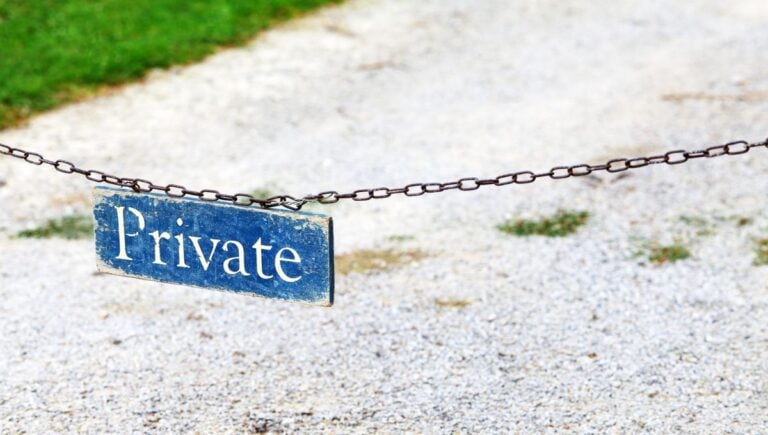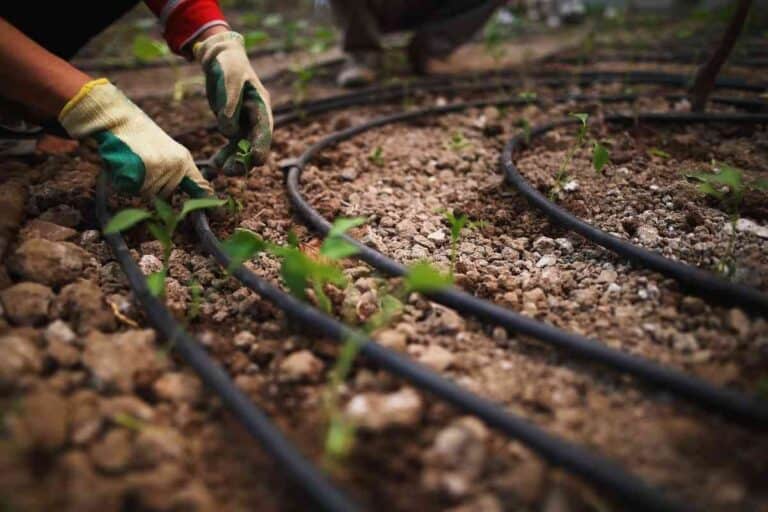Pros and Cons of Living in a Desert
Who hasn’t thought of moving into the desert? A few people give it a more serious thought than others, but there’s something alluring of the desert landscape that seems to attract dreams of building a little (or a large) house out among the cacti.
Since you’re here, it’s probably because you’re thinking of making the move, and now you want the internet to provide some answers to the pros and cons of living in the desert.
Well, that is exactly what the internet will be doing. I have also given desert living a lot of thought, and I even made a list to make the decision easier. And since I already wrote It, why not share it with like-minded people like you.
Pro: Low Property Prices
A significant upside to buying (or even renting) property in the desert is the very, very low property prices. Here you don’t have to take out a mortgage of hundreds of thousands of dollars that requires you to work day in and day out for 30 years just to pay your debt.
In the desert, you can often find several acres for just a few thousand dollars. As housing is the largest budget category to the average American household, buying a home in the desert can significantly minimize your living cost and make you more financially free.
Con: Hard to Sell
There is a reason why property prices are low, namely, low demand. Relatively few people want to live in the desert (or any other remote area), which is great when you’re buying but less great if you want to sell it again.
You can’t expect much of a value increase over the years of living on your desert property. In contrast, many more expensive areas generally (not always) see significant increases in property value. Of course, there are exceptions, but this is generally the cost of buying cheap land.
Another issue is that even at below-market prices, it may take a while to sell your property if no one is looking for land in your area. The good news is that your property is so cheap that you may not have to sell it. You could potentially keep it even if you decide to move. At very low evaluations, your property price will be negligible anyway. And who knows, maybe you can use it as a vacation home or rent it out.
Pro: There is Lots of Sun in the Desert
Who doesn’t like the sun? After all, our nearest star is what supports all life on Earth. Besides the joy of not freezing most of the time, the sun also allows us to generate a lot of consistent power from solar panels. If you’re planning to be self-sufficient in the desert, you won’t have to worry much about generating power for basic utilities.
While you may miss the snow from time to time, you will probably not miss blizzards, shoveling the driveway, and scraping ice off your car in the morning.
Temperatures do range a lot in the deserts, and due to very little water vapor in the air, it gets cold during the nights. In southern (warm) deserts, it usually doesn’t get below freezing temperatures, though.
Con: Too Much Sun and Heat
Too much of a good thing can be a bad thing. And while most of us enjoy wearing t-shirts instead of winter jackets, it can get very hot in the deserts. The heat may rack utility bills up if you use the air conditioner a lot. If you plan on being off-grid, don’t expect a small solar system to run your climate control. You will need a pretty large panel as A/C units typically use 500W to 3,500W depending on temperatures and unit size.
Many things can be done to keep a lower temperature during the days and maintain a pleasant temperature during the nights, such as insulating your home, covering windows around noon, using ceiling fans, etc.
Also, remember to cover yourself against too much direct sunlight. You will need to wear hats and light clothes or stay in the shade in the middle of the day and use sunscreen when out and about to avoid sunburns.
Pro: Peace and Quiet
Some people enjoy having a lot of activity around them all the time. But many others want a calm home environment most of the time and prefer to only seek out the rest of society from time to time.
As very few people live in the deserts, most of it is peaceful and quiet. You can easily find a place far from the nearest neighbor, where the hustle and bustle of city life are almost forgotten.
Con: Very Remote
The downside to living in a peaceful area is that some modern conveniences are not as easily available. While it’s nice to have the surrounding acres all by yourself, it’s less nice having to drive for miles to buy groceries or visit friends and family.
Going to work or visiting customers can also be more time-consuming compared to living in a city. If you plan on living remotely, it may be worth considering whether your current career is suitable for a desert dweller. Perhaps choosing a different income source would make life easier.
Pro: No snow
Living in the (southern) desert means you never have to shovel snow. What’s not to like?
Con: No snow
While snow can be a hassle, it can also be fun: snowball fights, building igloos with the kids and sledding down a snowy hill. Not to forget skating, ice fishing, and the joy of hot cocoa by a warm fireplace when you finally get back home.
And, while deserts are beautiful, few things beat the beauty of a soft, snow-covered landscape.
Pro: Low Humidity
In the desert, even high temperatures will feel comfortable, unlike in the humid rainforests. This is because we manage excess heat by sweating. As the sweat evaporates, we get cooled down.
Our sweat can’t evaporate in humid areas, and heat builds up – sometimes to a dangerous level. But in the dry desert heat, we cool down very quickly and are therefore able to handle much higher temperatures.
Pro: Low Humidity Leads to Cold Nights
Water vapor functions as a blanket, trapping the heat near the ground. Without this “blanket,” the heat will quickly dissipate as soon as the sun goes down. This is why there is such a high temperature difference between night and day compared to the rain forests.
Pro: Great Hunting Opportunities
The deserts are full of wild animals – anything from small quail, dove, rabbits to deer, javelina, and desert mule deer. Even big game are available if you have access to mountains. Of course, which animals are available depends on your location.
Con: Not a lot of fishing
Well, since fish tend to enjoy water and there are very few lakes in the deserts, recreational fishing is not a common hobby. If you enjoy fishing, prepare to do some driving.
Pro: Not much mold
In humid areas, mildew and mold is often a significant issue. Without constant and proper ventilation, a humid home can get unliveable surprisingly fast. Mold can be costly to remove, and sometimes the entire building will have to be torn down.
Since mold needs water to live and grow, desert homes are at a much lower risk. This does not mean mold will never occur in the desert, and you should occasionally check your home for hidden mold infestations, but it is much less prevalent compared to more humid climates.
Con: Rubber and Plastics Breaks
The sun is a powerful force, and its hard UV rays are hard on not only human skin but also paint, rubber, and plastics.
Expect your car’s paint to fade much quicker in the desert sun, and rubber hoses in the engine will dry out and leak sooner. Many PVC products, such as drainpipes and garden furniture, will also lose color over time and get brittle and break much easier.
Pro: Beaufitil Scenery
“What makes the desert beautiful,” said the little prince, “is that somewhere it hides a well . . .“
The desert is beautiful. Despite its barren look, there is a certain serenity to it. The peace it contains brings an inner calmness. And the ability to look very far in all directions, unobstructed by trees, gives a vast and open landscape, not unlike the view from a mountaintop.
Con: Less Variation
On the other hand, you can walk (or drive) for miles in a desert without seeing much new. While deserts do have a lot of geological and botanical variation when you know what to look for, to most people, the landscape remains more or less the same.
Perhaps what really makes the dessert seem unchanging is that you can see so far and wide. In a forest or a city, you never know what’s behind the next tree or the next building, but in a desert, you always know what to expect a mile down the road.
Pro: Freedom
Not many people will know what you’re doing on your desert lot and even fewer care. If you enjoy noisy activities, no one will be bothered by your private race track or shooting range.
This provides a lot of freedom that most other people could only dream of. So if you like your personal freedom, the desert may be the perfect place to settle down.
Con: Not Many People to Look after You
The downside to living in a remote area like the desert is that your neighbors may not know if you need help. If they can’t see you or hear you, they won’t immediately notice. And public services, such as firefighters and ambulances, will take longer to reach your home.
On the other hand, many people live in city highrises in close proximity to thousands or millions of other people without ever knowing their next-door neighbors or whether they need help.
Perhaps getting to know your neighbors is equally essential regardless if you live in the city or the desert.






